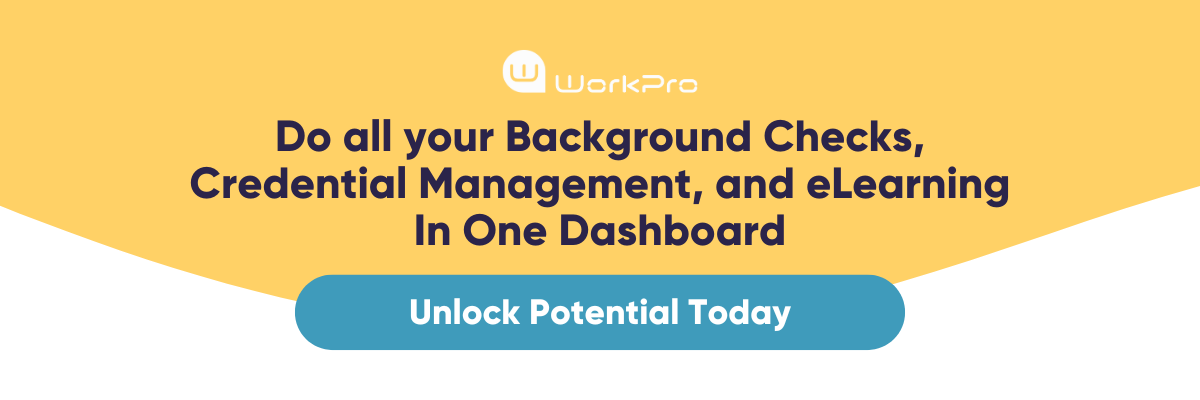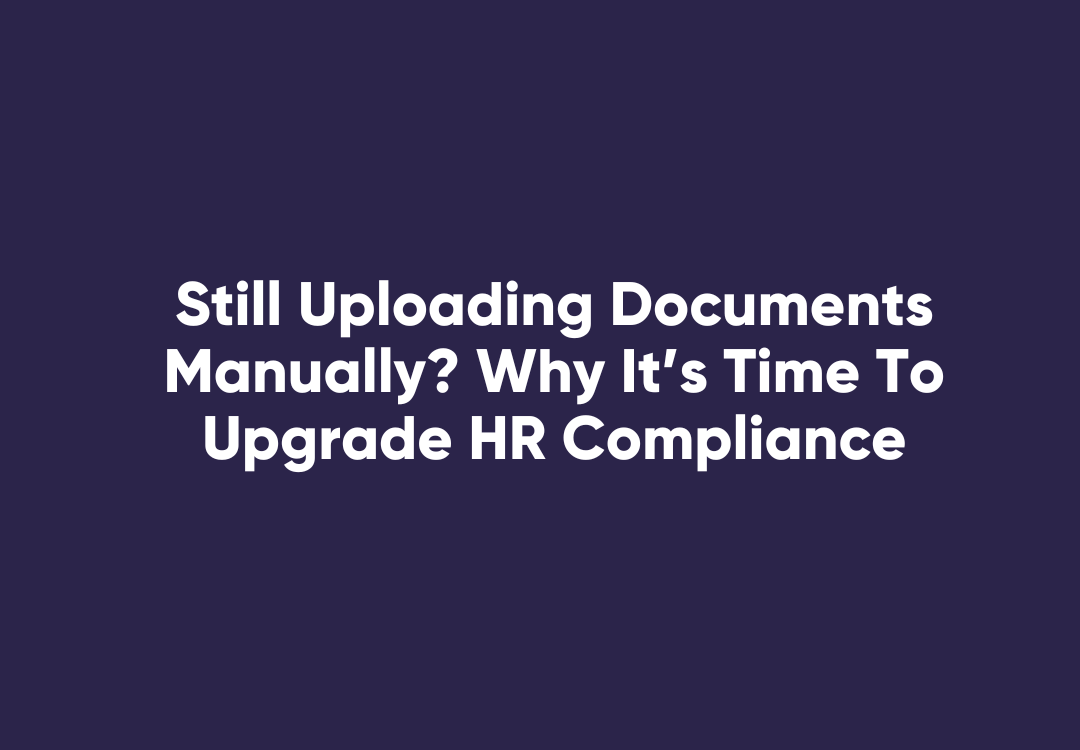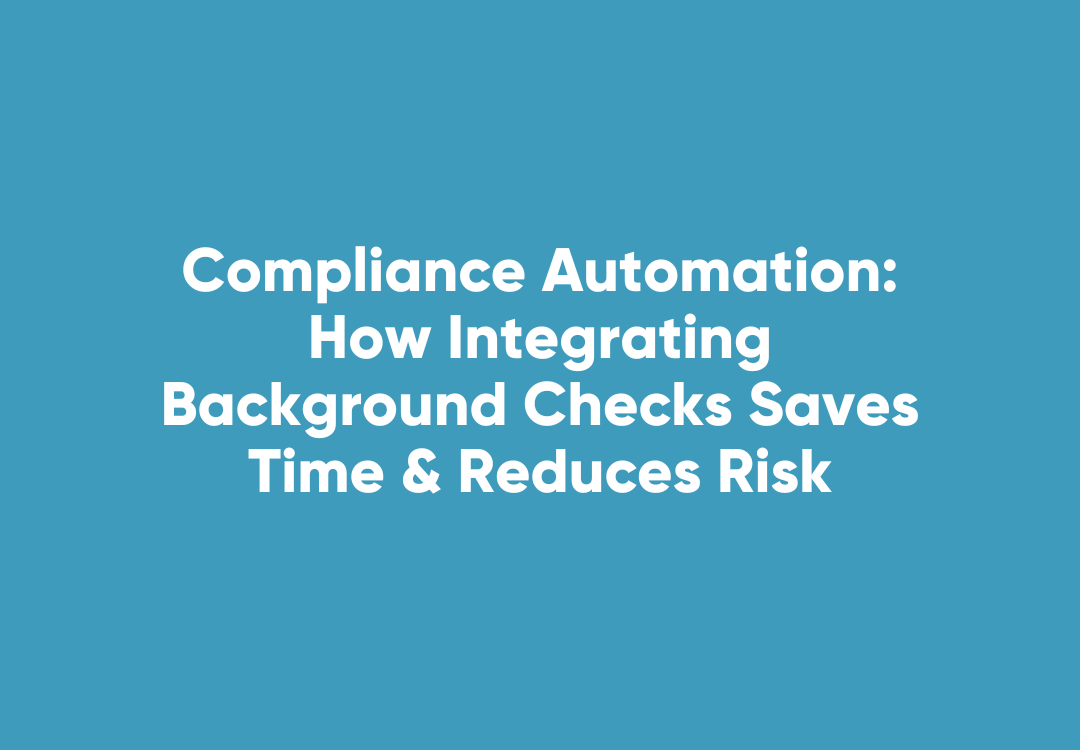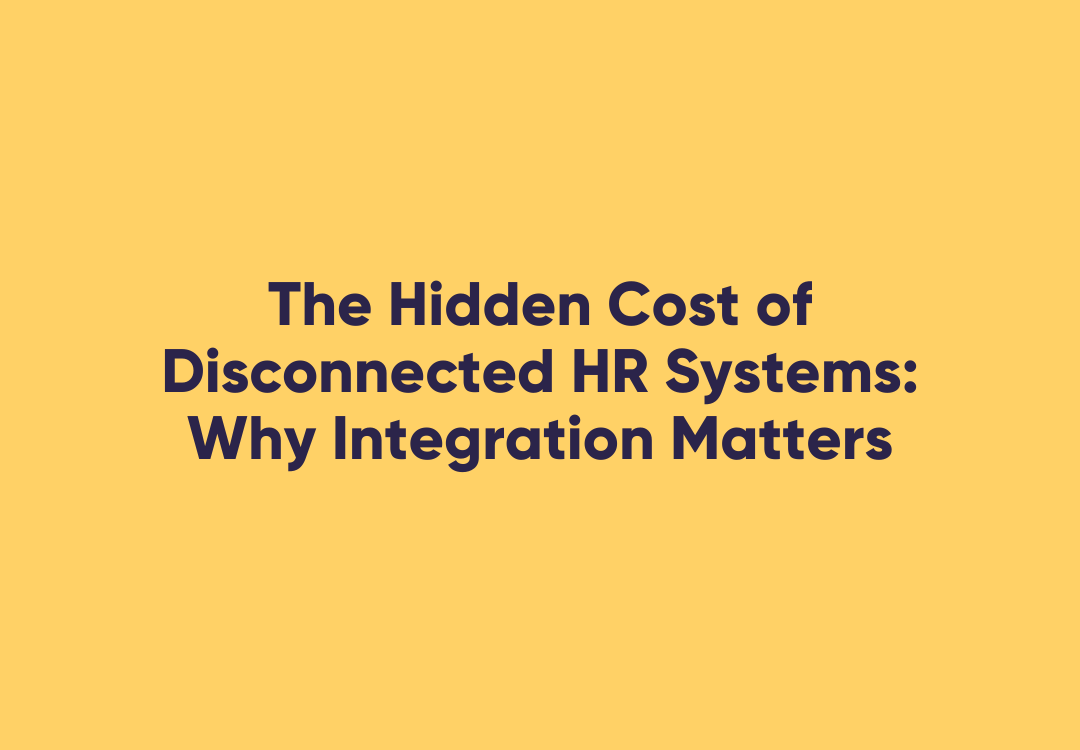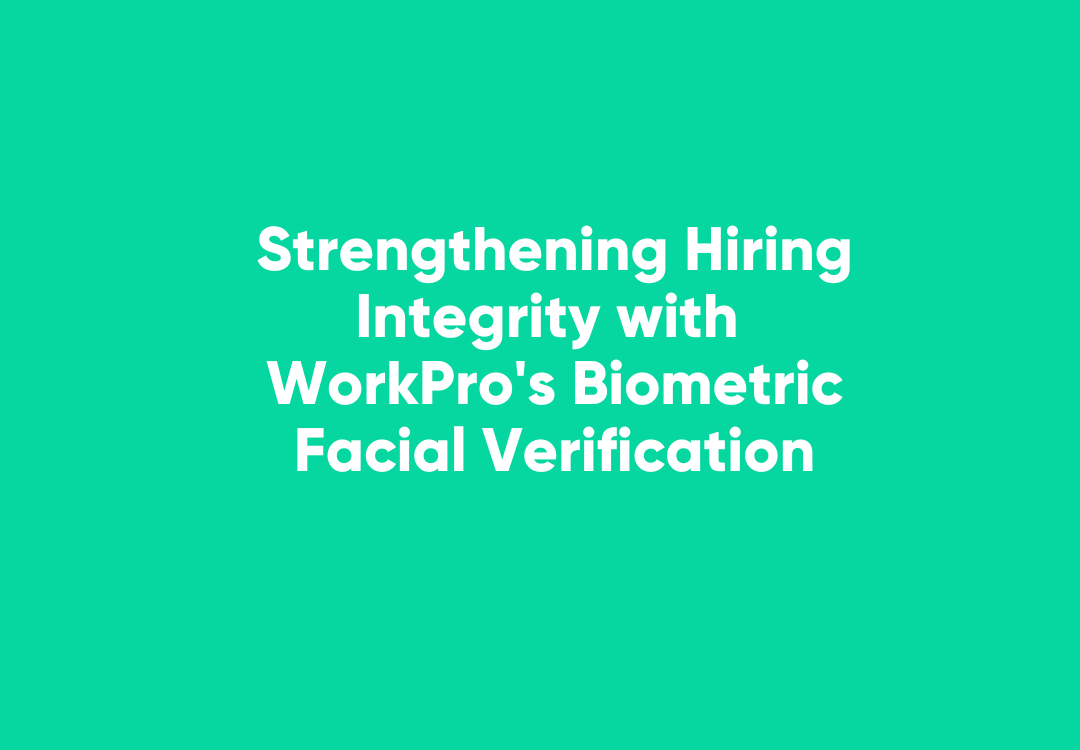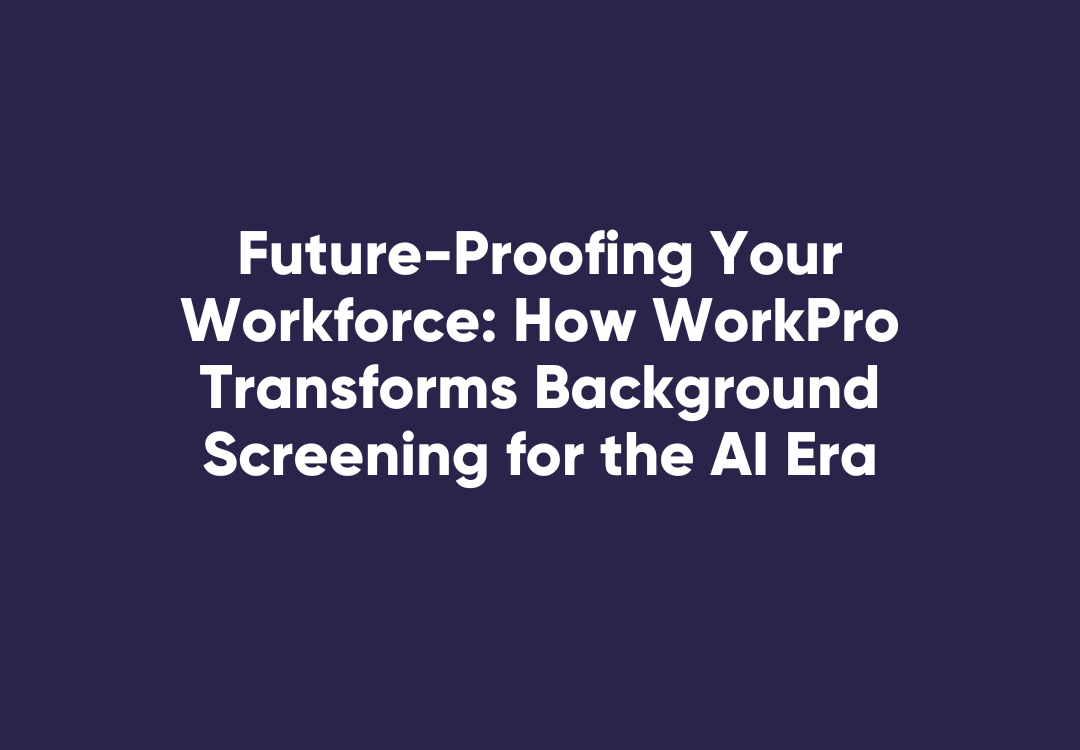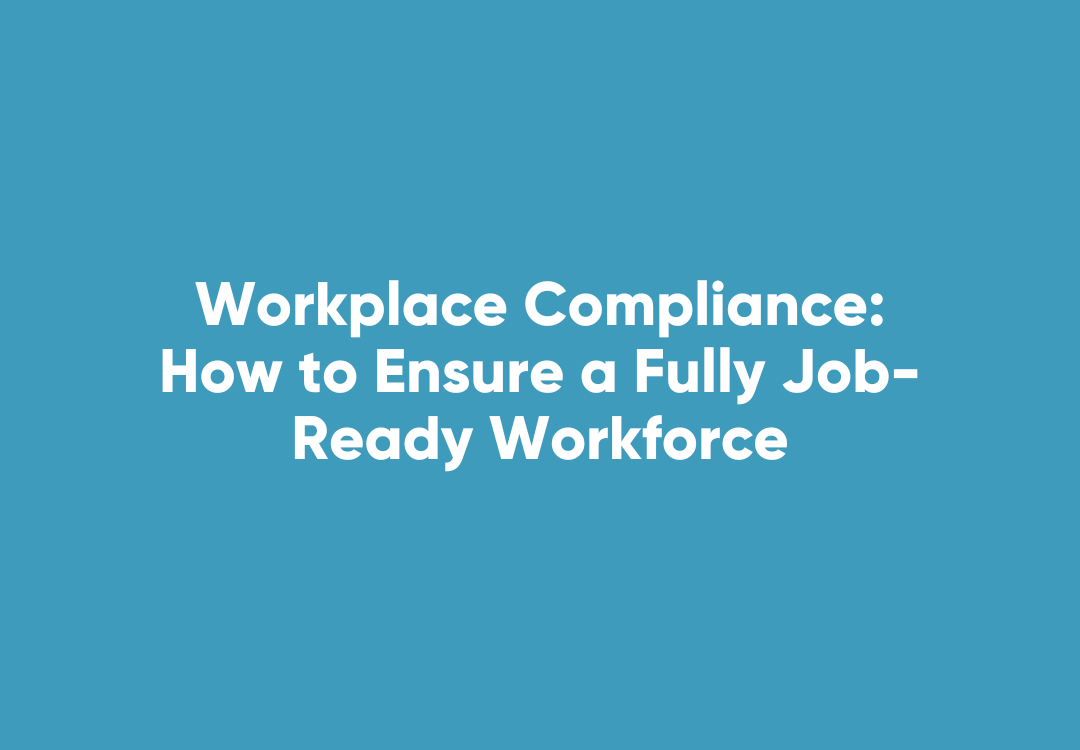The Evolution of Hiring: Moving Beyond Degrees to Skills-Based Recruitment
Why Degrees Became the Default Filter
For decades, formal education has been an essential standard in recruitment, serving as the primary indicator of an individual's capabilities. This practice can be traced back to the industrial era when degrees were a reliable measure of technical competence. Employers sought candidates with formal qualifications because education systems were structured to produce workers tailored to specific industries.
As workplaces evolved, particularly in the late 20th and early 21st centuries, university degrees became even more entrenched in hiring processes. Employers relied on degrees as a convenient screening mechanism, assuming that academic credentials equated to workplace readiness. However, this approach was more about efficiency in filtering applications than an accurate measure of competency.
Fast forward to today, and the landscape has changed dramatically. The rapid emergence of technology, digital transformation, and the increasing accessibility of alternative learning pathways have challenged the necessity of formal degrees for many roles. Skills that were once exclusively taught in universities can now be acquired through online courses, bootcamps, certifications, hands-on experience, and workplace training.
Despite this shift, many organisations still uphold rigid degree requirements that limit the talent pool and exclude capable candidates. Research from WorkPro’s whitepaper reinforces this, revealing that 29.1% of senior-level respondents stated that their educational background is not directly related to their current job role. This raises a crucial question: if a significant portion of leadership professionals have thrived in roles unrelated to their degrees, is formal education truly the best predictor of success?
It's time for organisations to rethink their approach. By prioritising skills, competencies, experience, and verified credentials over formal education, businesses can build a workforce that is not only more diverse but also more aligned with real-world job requirements.
Why Degree Requirements Can Limit Talent Acquisition
Relying on educational qualifications as a primary hiring criterion can narrow the talent pool, reinforce inequality, and slow down recruitment. Here’s why businesses should reconsider this outdated approach:
1. Overlooking Highly Skilled, Non-Traditional Candidates
A growing number of professionals acquire their expertise through non-traditional learning methods such as online certifications, apprenticeships, and on-the-job experience. These individuals may have the exact competencies required for a role but are often overlooked because they lack a formal degree.
For instance, many of today’s best programmers, digital marketers, and data analysts are self-taught or trained through bootcamps—yet, organisations that insist on degree qualifications risk excluding these highly capable candidates. In a job market where skills shortages are a recurring challenge, companies that limit hiring based on education rather than competency are missing out on a wealth of talent.
2. Reinforcing Socioeconomic Barriers
Higher education remains inaccessible to many due to financial constraints, geographic limitations, or personal circumstances. By making degrees a prerequisite for employment, organisations inadvertently create barriers to social mobility, favouring candidates who had the means to pursue higher education while disregarding those who developed equivalent skills through other avenues.
A skills-based hiring approach promotes a more inclusive and equitable workforce, allowing people from diverse backgrounds to compete based on their abilities rather than their access to formal education.
3. Slowing Down Hiring and Reducing Workforce Agility
Demand for talent is high across multiple industries, yet businesses often struggle with prolonged hiring cycles. One of the biggest contributors to slow recruitment is the insistence on degree-based qualifications, which shrinks the candidate pool and increases competition for a limited number of degree-holding applicants.
By broadening hiring criteria to include relevant experience, verified credentials, and completed training, businesses can fill roles faster and ensure new hires are ready to perform from day one.
How WorkPro Helps Organisations Move Beyond Degree-Based Hiring
Shifting from a degree-centric hiring model to a skills and competency-based approach requires access to verifiable workforce data. While WorkPro does not assess job skills directly, its compliance, credential management, and background verification solutions provide employers with clear, trusted insights into a candidate’s job readiness.
Credential Management: A Trusted Record of Workforce Capabilities
Instead of relying on degree qualifications as a proxy for ability, WorkPro verifies and manages credentials, licences, certifications, and workplace training records, giving hiring managers a real-time, centralised view of candidate qualifications.
- Employers can request and verify key credentials to ensure candidates meet regulatory and role-specific requirements.
- Automated rechecks and expiry alerts ensure that compliance-related qualifications remain current and valid, reducing hiring risks.
- HR teams can filter candidates based on verified competencies, ensuring that those hired have the necessary qualifications and experience—regardless of whether they followed a traditional education path.
This streamlines hiring, eliminating the manual burden of chasing documentation while expanding hiring options to include highly skilled, non-traditional candidates.
WorkPro ID: Seamlessly Transferring Credentials Across Roles & Departments
For businesses with multiple locations or internal mobility programs, WorkPro’s WorkPro ID allows candidates to share their verified credentials and background checks across departments or business units. This means that when hiring managers are considering employees for internal promotions, reskilling, or redeployment, they have immediate access to:
- Completed training programs (both internal and external)
- Verified industry accreditations, licences, and compliance checks
- Background check history
Rather than forcing employees to repeat certifications or undergo redundant checks, this system allows companies to leverage existing workforce competencies efficiently, identify job-fit candidates faster, and improve internal mobility.
eLearning: A Platform for Continuous Workforce Development
WorkPro also supports skill development through its LMS, which enables organisations to:
- Access a library of over 60+ pre-built learning modules covering industry compliance, work health and safety, and role-specific training.
- Upload custom training materials, ensuring that employees have access to company-specific upskilling and compliance education.
- Automate learning completion tracking and renewal reminders, ensuring ongoing workforce competency.
By integrating credential management with ongoing training capabilities, WorkPro helps businesses transition from a rigid, degree-based hiring model to a dynamic, skills-focused workforce development strategy.
A More Inclusive, Skilled, and Agile Workforce
The modern workforce no longer fits into the outdated framework of degree-first hiring. Today, career paths are fluid—professionals gain expertise in various ways, industries evolve rapidly, and companies need more flexibility in how they assess and recruit talent.
By shifting the focus to skills, verified credentials, and real-world experience, organisations can:
- Broaden the talent pool and attract high-calibre candidates who may not have taken the traditional university path.
- Increase diversity and inclusion by removing unnecessary barriers to employment.
- Hire faster and more effectively, ensuring employees are job-ready and compliant from day one.
Let’s Build a Workforce That’s Ready for the Future
Is your hiring process stuck in the past? It’s time to move beyond degrees and start focusing on verified capabilities, credentials, and real-world skills.
WorkPro provides automated credential management, compliance tracking, and eLearning solutions to ensure that your workforce is competent, compliant, and ready to perform—without unnecessary hiring barriers.
- Expand your hiring criteria
- Validate workforce readiness efficiently
- Streamline compliance and ongoing learning
Let’s talk. Book a demo today and discover how WorkPro can help you redefine workforce hiring and development for a skills-first future.



